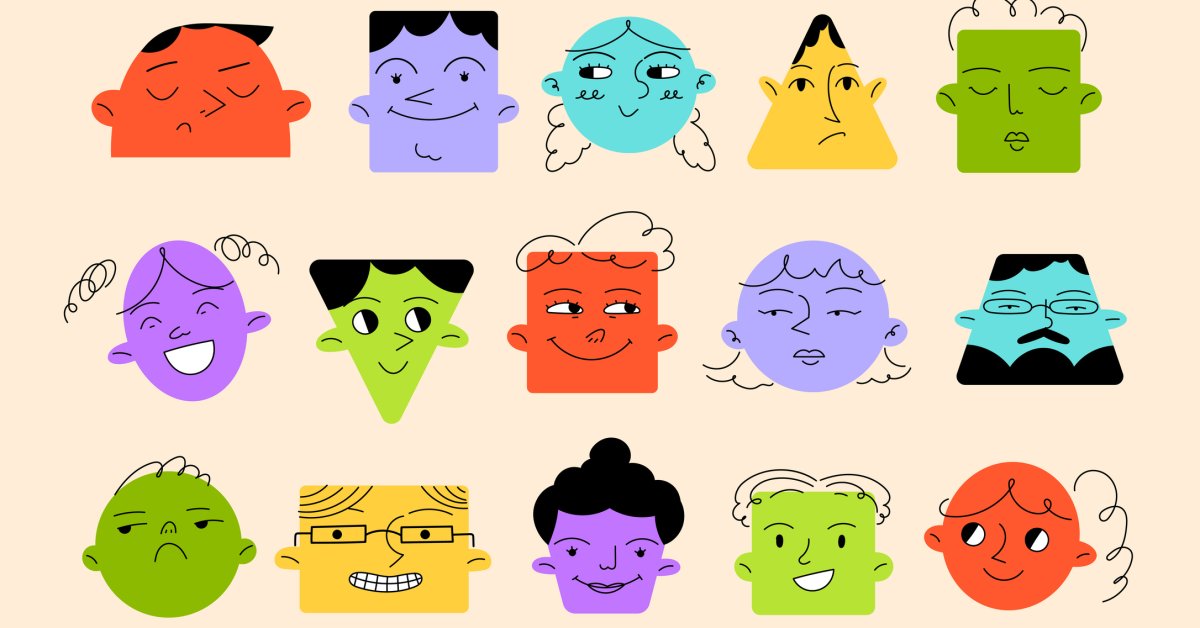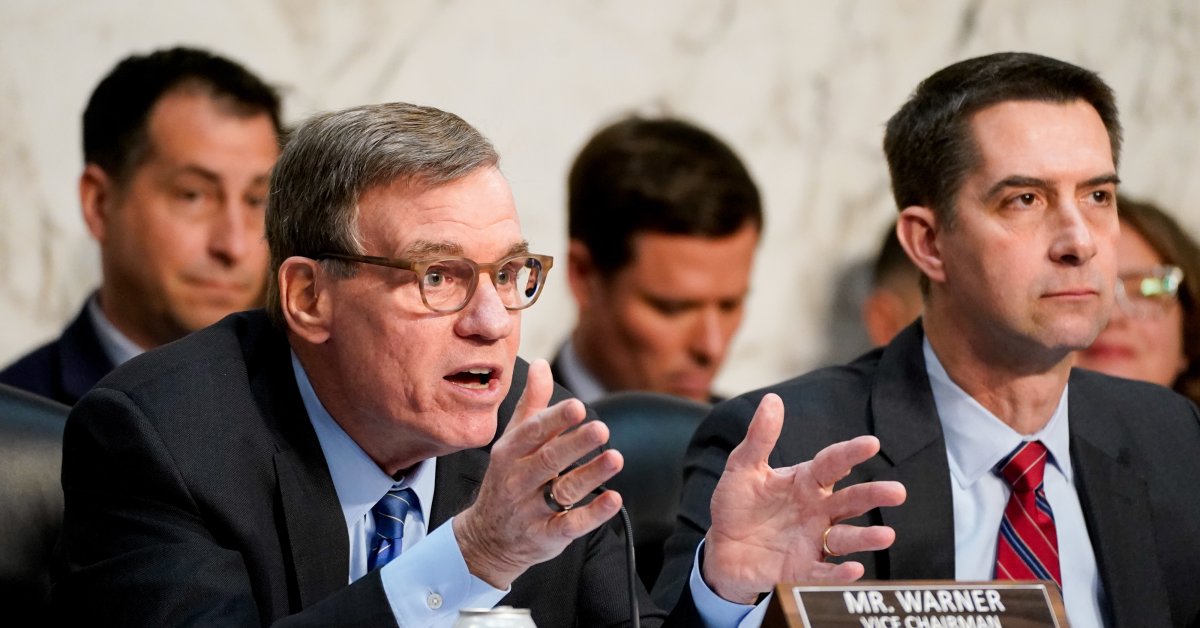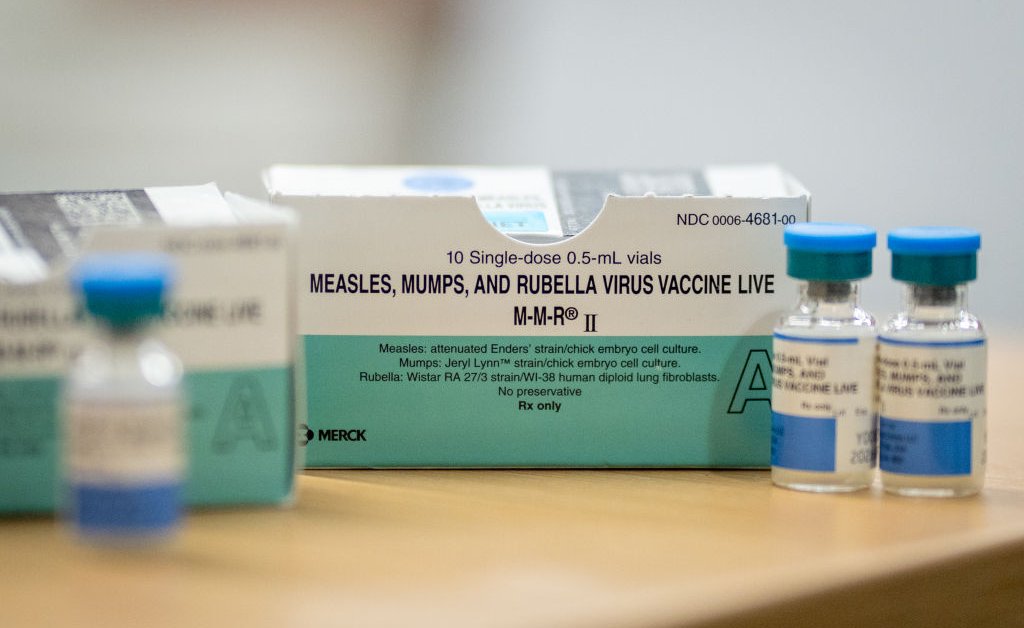Today marks the 35th anniversary of the Americans with Disabilities Act (ADA). This landmark legislation, which enshrined in federal statute civil rights for people living with disabilities, has transformed countless lives. It opened the world up to an entire population who, until that point, were more often than not excluded and isolated from society. It codified a legal pathway for equality and inclusion by dismantling longstanding barriers that prevented people with disabilities from having the opportunity to pursue employment, live independently, access transportation and public spaces, and so much more.
The ADA affirmed the fundamental right of every American to participate fully in society, and is foundational to ensuring that those with intellectual and developmental disabilities (I/DD) have equal opportunities to thrive and live with autonomy.
Yet, as we celebrate the ADA’s enduring legacy this year, the future for people with disabilities looks less certain. The ADA’s vision is not self-sustaining. Its promise is fulfilled through an ecosystem of vital support services, many of which rely on Medicaid funding. For millions of Americans living with disabilities, Medicaid is a lifeline that provides access to essential home- and community-based services (HCBS). These services include the most basic activities of daily living like bathing, dressing, eating, and more, as well as the residential programs, employment supports, and assistive technologies that allow people with I/DD to live with dignity in their own homes and communities. These services are at the heart of the ADA and crucial to making inclusion a reality.
Following the passage of President Donald Trump’s tax bill, which will cut aproximately $1 trillion from Medicaid over the next several years, these support systems are in jeopardy. This attack on Medicaid threatens to unravel decades of progress toward equal opportunity for individuals with disabilities, as access to these services will undoubtedly become more limited.
Read More: The Big Budget Bill Could Make Your ER a Mess
Cuts to Medicaid could mean fewer available care services, longer waiting lists for critical support, and potentially the loss of the very assistance that allows those with I/DD to live independent and fulfilling lives. Imagine losing the career coach who helps you get ready for work and makes it possible to maintain steady employment, or the direct support professional (DSP) who helps you bathe and brush your teeth, or the transportation service that connects you to your community. These cuts translate into a forced retreat from independence, pushing individuals back into isolation and dependency, often in hospitals or costly, state-run institutions, directly contradicting the ADA’s core tenets.
The ripple effect extends to the dedicated community providers who are the backbone of the HCBS ecosystem. These organizations operate on thin margins, relying heavily, or solely, on Medicaid to fund their services. Cuts of this size may fall heavily on providers, who are already in crisis because of long-term underinvestment in community-based services, leaving them struggling to offer their DSPs competitive wages and benefits due to stagnant and insufficient reimbursement rates. Ultimately, these cuts could lead to reduced capacity, staff layoffs, and even the closure of programs.
The national shortage of DSPs is also expected to worsen. To pay wages, providers rely on Medicaid reimbursements from their states; if states are rendered unable to increase reimbursement rates, providers will lose the DSPs they employ to better-paying opportunities in other hourly wage industries such as fast food and retail. This monumental blow to Medicaid funding will make it even harder to find and retain the individuals who provide day-to-day care. Troublingly, these DSPs, whose work is both physically and emotionally demanding, often rely on Medicaid themselves due to insufficient wages.
When providers are forced to scale back programs or shutter entirely, the entire HCBS infrastructure weakens, leaving countless individuals without the support they need. The strain is then placed on the families of people with I/DD, potentially forcing some to leave their own jobs to provide care for their loved ones. For the many individuals with I/DD who don’t have family or existing networks of support, access to care may be lost completely.
Read More: The GOP Budget Takes From the Poor and Gives to the Rich
The true scale of the impact remains to be seen, but there is no doubt that it will be nothing short of devastating.
A nearly $1 trillion cut to Medicaid is not just a budgetary change. It will harm people with disabilities and the progress we have made since the passage of the ADA. Decades of advocacy, innovation, and hard-won victories for equality and inclusion are at risk of being rolled back.
As we honor the ADA this year, we must recommit to its vision by unequivocally protecting the very funding that makes true community living and inclusion a reality for all. We cannot allow the fundamental rights and opportunities of people with disabilities to be undermined. Solutions must be found, advocates must fight back, and state leaders need to find ways to preserve funding for these vital services. Access to care is not a luxury, it is a necessity that is integral to upholding the rights of those with disabilities.








